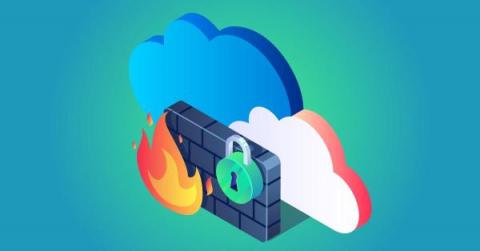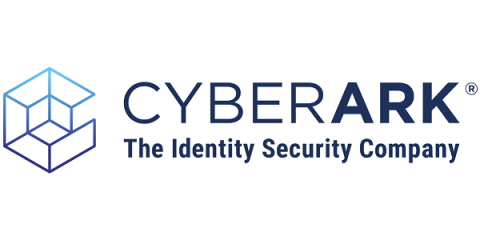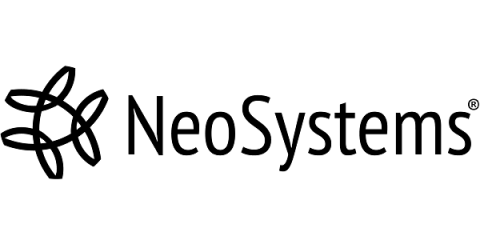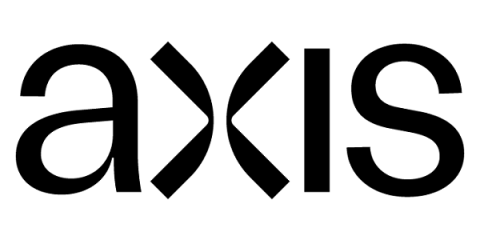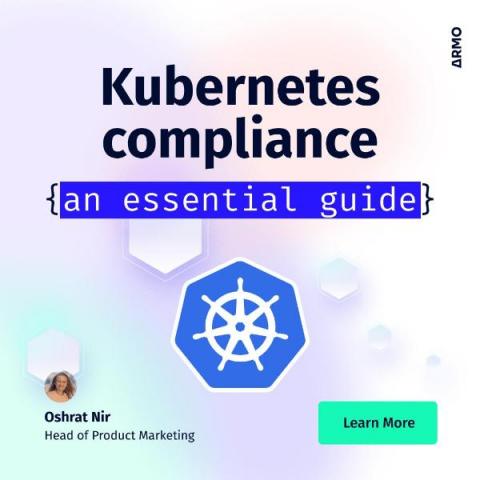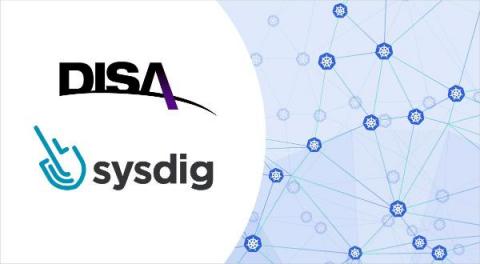Is it Safe to Store Credit Card Information Online?
No, it is not safe to store your credit card information online, including on merchant websites or web browsers. The only way to ensure your credit card information is stored safely is if you keep it in an encrypted vault. Read on to learn more about the risks of storing your credit card information online and how you can secure your credit cards moving forward.




